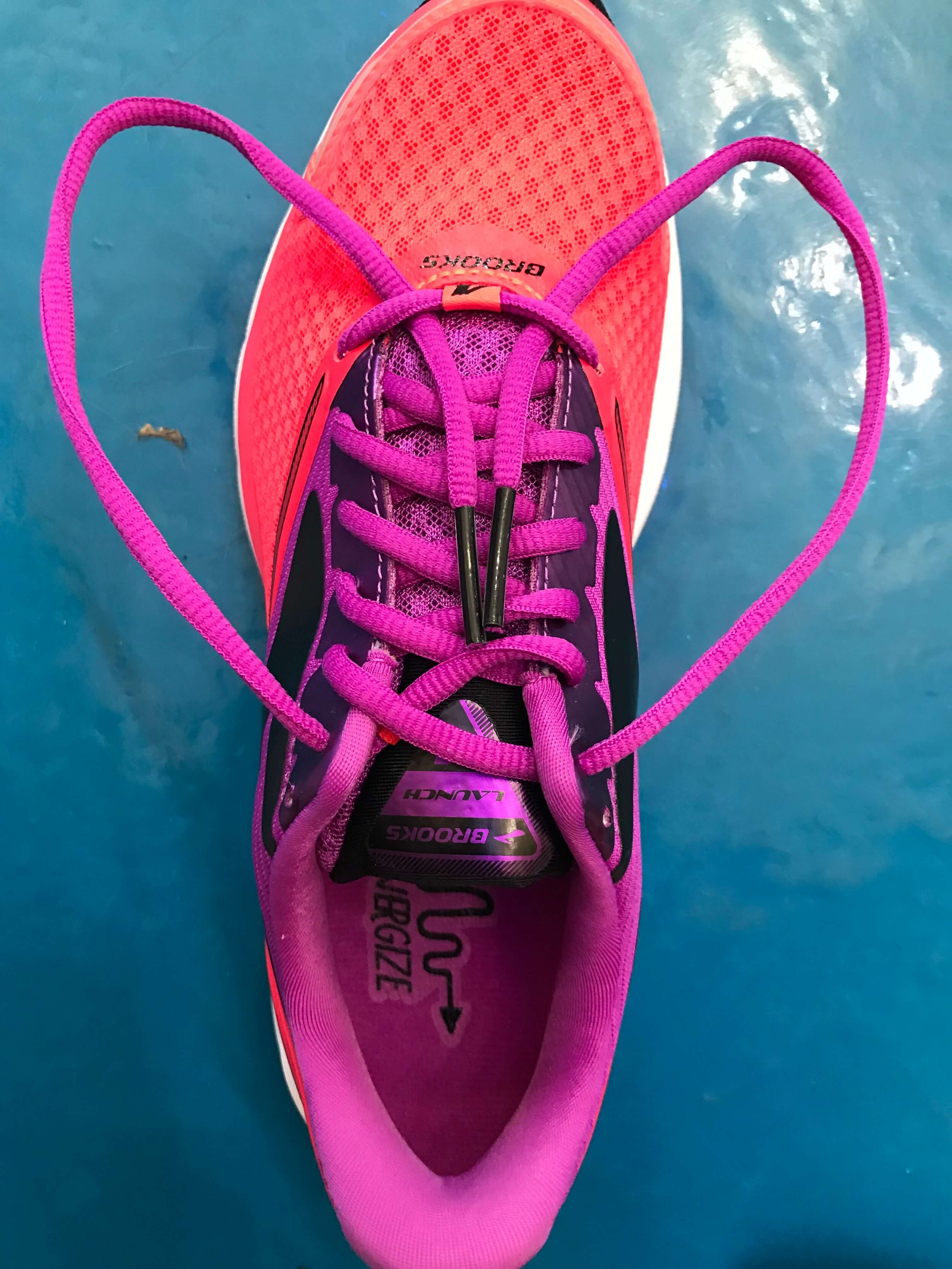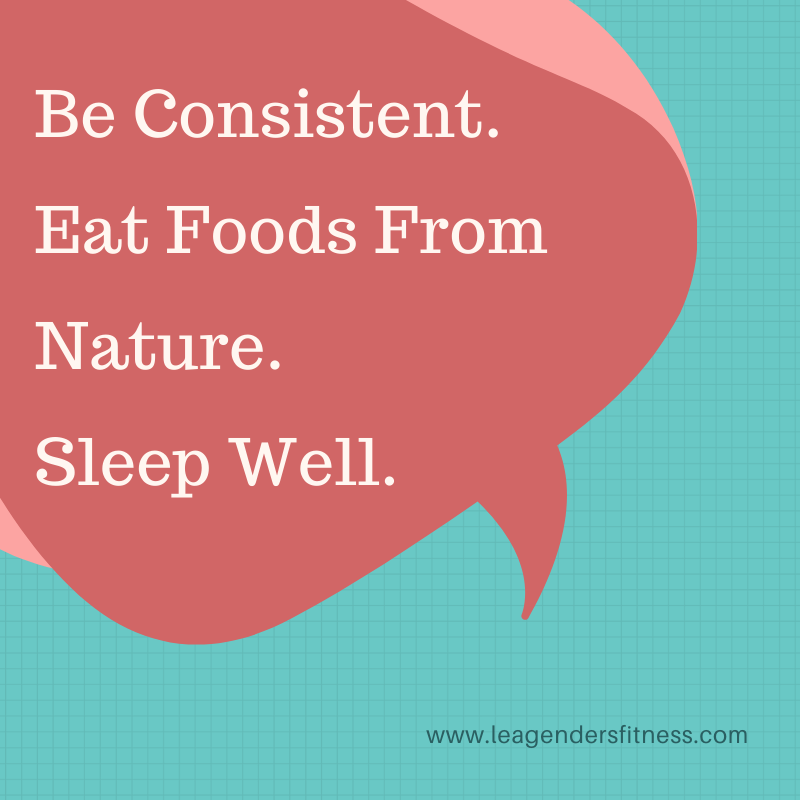You've been working out and eating healthfully but not seeing the results that you expected. What's going on? It can be frustrating when you've been working hard but feeling like it's not getting you closer to achieving your goals. Are you making one of these seven fitness mistakes?
Rushing the Process
The truth is that fitness progress takes time. Any program that promises results in nine weeks or 90 days is using a marketing ploy to entice you with a quick fix. Yes, you can make progress in that amount of time, but fitness is a life-long commitment, not a three month challenge.
A lot of people start a new workout program, remain consistent for three or four weeks and then get frustrated and quit when the results aren't there as quickly as they hoped or expected. It took you much longer to get out of shape, so you can't expect to turn everything around in a few short weeks. The good news is that after three weeks you are on the right track to building a fitness habit. It is a great start. The difference between those who fail and those who succeed is that the successful people don't quit.
Consistency is the key. Put in the work. Give it time. Make it a habit. You will get there.
Focusing on scale weight
The scale doesn't tell the whole story. It is important to remember that when looking to lose weight, you should be focusing solely on fat loss, not weight loss.
A scale can show weight loss that is mostly water or muscle (bad) instead of fat, but you still may walk away feeling happy that you "lost" three pounds. Losing three pounds of muscle is not good, but the scale can't tell you that.
On the other hand, the scale may not budge a lot when you are losing fat and gaining muscle because muscle is more dense than fat and takes up less space in your body. That is why your clothes may fit looser but your body weight stays the same.
Focus on non-scale victories. How do you feel? How do your clothes fit? How are your energy levels? A scale is one tool to use in your fitness journey, not the end-all-be-all. Don't give it too much power, as it doesn't tell you the whole story.
Skipping Strength Training
It can be easy to fall into a all-cardio-all-the-time routine when on a mission to lose fat. While cardio plays an important role in fat loss and heart health, it shouldn't be the only thing you do to improve your fitness.
Strength training or resistance training can be the missing link to successful fat loss. It helps you maintain and build lean muscle. You want to make sure you are preserving your muscle mass while you lose weight. The more muscle you have on your body the more calories you burn, even at rest.
Some women don't want to lift weights because they worry about getting too bulky or masculine looking, but this fear is unfounded. The women that look like that work extremely hard to achieve that look over years of dedicated training for that specific goal. Unless you are specifically training and eating to look like a bodybuilder over a long period of time, you won't look like one. I promise.
You don't need to spend hours in the gym. Carve out 30 minutes three times a week for strength training to build lean muscle for a well-rounded fitness routine.
Eating too much or too little
Nutrition is tricky. Some people think that because they are working hard at the gym that gives them a free pass to eat whatever they want. While I am a big proponent of balance, eating fast food after your daily workouts isn't going to get you the results that you desire. I limit my indulgence meals to once or twice a week. What you do occasionally does not impact what you do consistently. I make healthy choices most of the time so that when I want to eat pizza, sushi or drink wine, I have room for it in my diet. It's an occasional treat, not an everyday occurrence.
On the other end of the spectrum is the problem of eating too little. We know that in order to lose weight we need to create a calorie deficit, which means to eat fewer calories than we burn. Seems simple enough, eat less to lose weight, eat even less to lose more weight, right? Not so fast. Everyone's calories needs are different so I can't put an exact calorie count on it, but when a very active adult woman is not eating and wondering why she is not getting the results she desires, the answer is probably in her calorie intake. You can't thrive on kale and tuna.
Under eating can sabotage your results as much as over eating. Without proper fuel you won't have the energy to give your workout the intensity you need for results. Under eating can damage your metabolism, cause you to lose muscle, kill your results and put you at risk for malnutrition, resulting in unhealthy weight loss and possible nutrient deficiencies.
A person with an unhealthy obsession with healthy eating may be suffering from a disorder called orthorexia nervosa, a term which means fixation on righteous eating.
The key is to be like Goldilocks, not too much, not too little. If you need help determining what that means for you, I recommend working with a registered Dietitian for professional guidance.
Working out too much
Sometimes working out is like make up, less is more. When working out becomes an unhealthy obsession it can be harmful. Some people think that doubling or tripling their time in the gym will double or triple their results, but this is simply not true. Spending needless hours in the gym can increase your chance of injury, cause burnout, fatigue, irritability, possibly raise cortisol levels (the stress hormone) to unhealthy levels and hurt your metabolism. Overtraining causes the benefits of exercise to diminish.
Moderate amounts of exercise of 30-60 minutes most days of the week is best way to go. Remember Goldilocks?
Not resting
This goes hand in hand with working out too much, but even when exercising a moderate amount of 30-60 minutes a day, we still need our rest and recovery in between workouts. It is during rest that the body adapts to the stress of exercise and rebuilds. If you never rest, you won't see the results because you never give your muscles a chance to repair. Continuous workouts without rest will make you weaker, not stronger. Allow yourself one or two full rest days a week and never work the same muscle groups two days in a row.
Not getting enough Sleep
If it came down to the choice of one hour of working out or one hour of sleep, how do you think the experts would advise you to spend your time? If you are not getting the 7-9 hours a sleep that your body needs, the answer would be sleep, every single time. Going to bed at midnight and setting your alarm for 5am to workout is not doing your body any favors.
Not getting enough sleep, less than seven hours of sleep per night, can reduce the benefits of healthy eating and exercise. Lack of sleep can cause you feel unfocused, hungry and, despite efforts in the gym, not achieve results. When you don't get enough sleep, your cortisol (stress hormone) levels can rise, which can be associated with fat gain.
Aim for 7-9 hours a sleep a night to maximize your efforts with nutrition and in the gym.
Have you ever made any of these fitness mistakes? I can write with confidence about these, because I personally have made most of them myself. Over the last decade on my fitness journey, I have grown by making a lot of mistakes and then learning from them. My aim is to help you not make the same mistakes I did, so you can be healthy, strong and see amazing results from your fitness efforts.
Like this post? Please consider sharing.













Discover the 5 stages of fitness progression—from building the habit to optimizing your routine. Learn how to stay consistent, make progress at your own pace, and create a sustainable fitness lifestyle without the pressure of perfection.